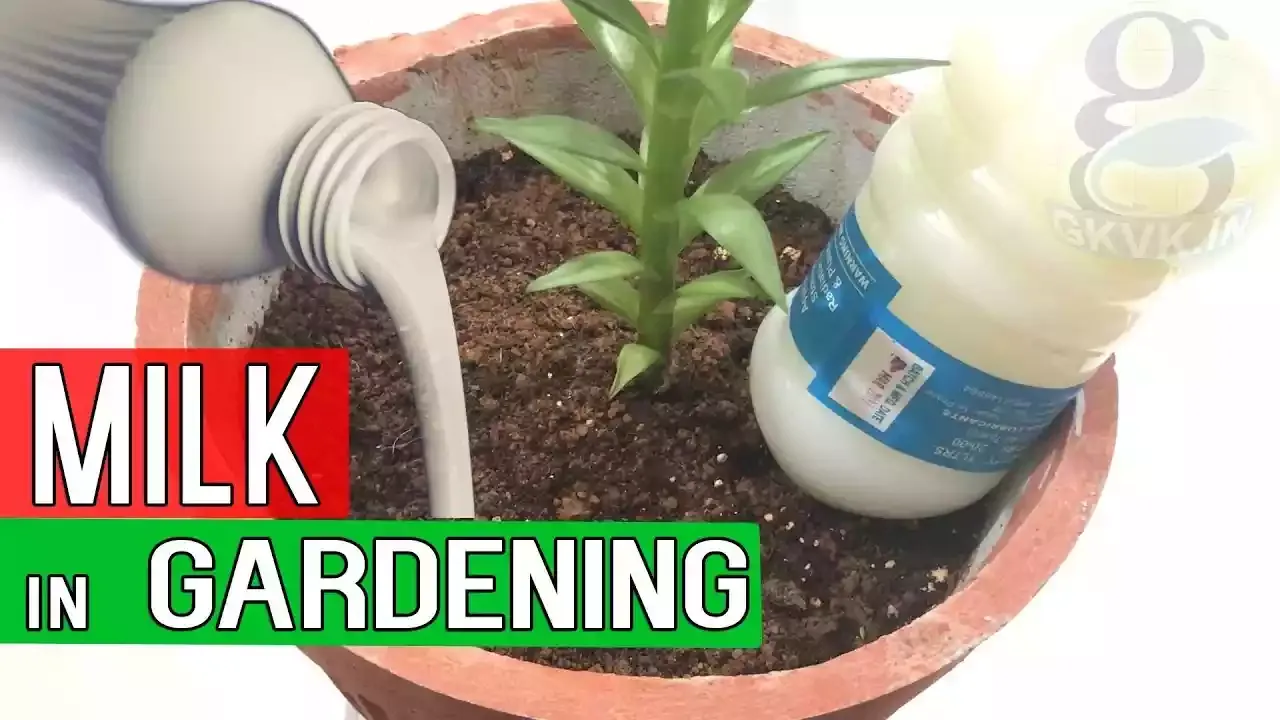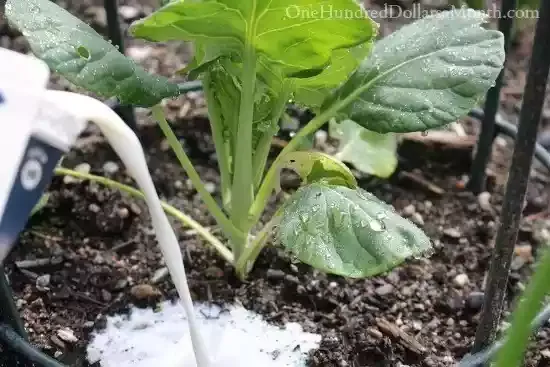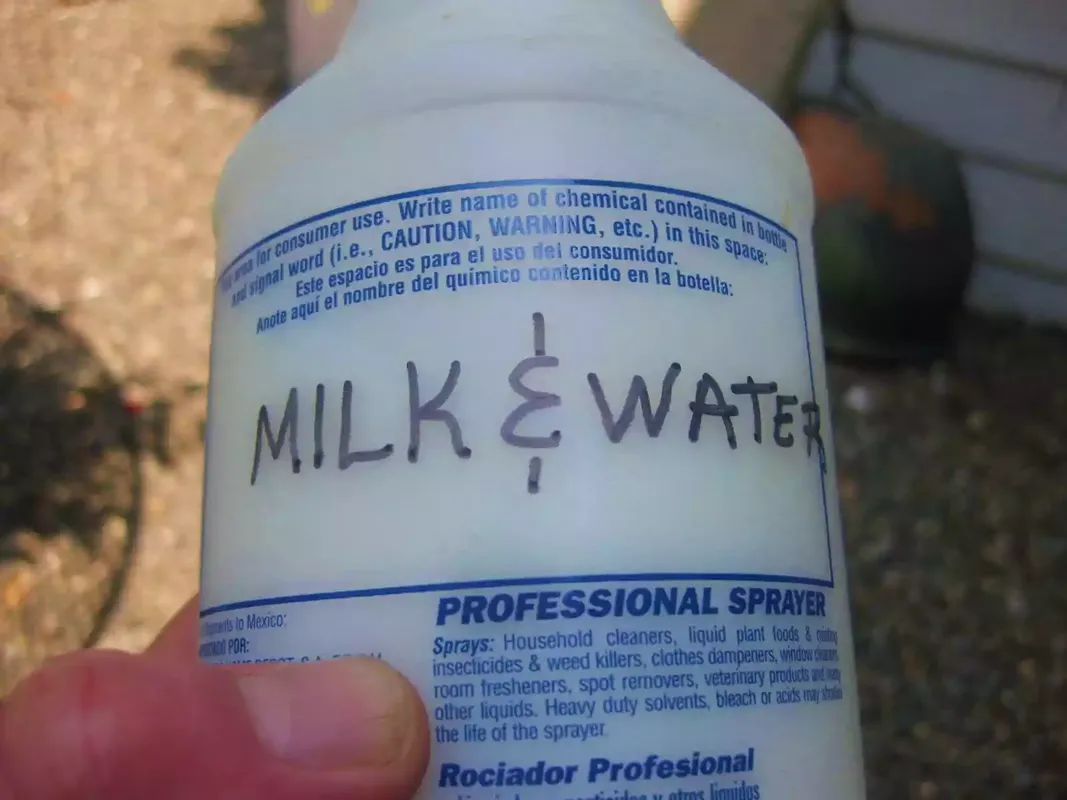Hello Steemians. You are welcome to my blog once again. In my last post, I discussed extensively about how urine could be used in the garden as a good alternative to chemical fertilizers. Today is another opportunity to discuss yet again another interesting findings on my ongoing study on innovative agriculture
This article will essentially discuss agricultural applications of milk, both as fertilizer and other uses.
Milk As Fertilizer
Agreed, milk does good to the body! But do you know it is also good for both the garden and the plant? In humans and plants, milk is essential for tissue growth. It is made of essential proteins, vitamins and sugars that are beneficial for plants, enhancing their overall health and yield. Microorganisms that act on fertilizer components of milk are also beneficial to the soil.

Like human beings, plants require calcium to grow. When plants appear stunted and do not grow to their full potential, it is a good indication of lack of calcium. Calcium deficiency is also responsible for blossom end rot on both tomatoes and peppers.
In some instances, the amount of calcium in the soil is enough but because plants may not be getting adequate amount of water in the soil, they will not be able to absorb right amount of calcium. In this case, watering the tomatoes and peppers with milk will enable them to get enough moisture and calcium. Milk solution can also be applied to the plant in the form of a foliar spray. Milk should be diluted (50% milk and 50% water) before applying. Examples of plants that can be subjected to this treatment are vegetable plants such as squash, peppers and tomatoes.
Milk As Enhancer Of Soil Health
The age-long ancient practice in which milk is used to enhance soil health has since been forgotten, but was brought into the news again when a few positive reports surfaced on the internet. In a research study by Bridgeth Jamison Hilshey and Sid Bosworth of the University of Vermont Extension, they reported that pastures that were sprayed with milk were able to attain healthy growth as well as stay disease-free even when seasonal pathogens and harmful soil insects were present.

It has been found, in addition, that application of milk improved the soil ability to absorb air and water. Consult here for the study supporting this claim.
Milk As Effective Home Treatment Against Black Spots On Rose Bushes
Black spots are frequent disease of Rose bushes caused by a fungus Diplocarpon rosae which is naturally drawn to warm, humid, and wet conditions. Spraying diluted cow milk on the affected areas has been found to be effective against this problem.

The effectiveness of milk against this menace is attributed to high presence of a highly potent bactericide and fungicide called Lactoferrin. According Professor Jeff Gillman, who had carried an extensive research on this:
1 part of milk and 2 parts of water should be used to spray on Roses once in a week until the problem ceases to exist.
One Kelvin Lee Jacob's posted an article in which he claimed to have tried this home treatment and it worked fine for him. Many people who commented on the article also affirmed his claim.
Milk As Disinfectant
Milk as disinfectant is another way to use milk in the garden. Quoting from a report by Heidi Wollager of Michigan State University Extension:
Milk has been shown to be an effective alternative disinfectant for greenhouse tools to prevent the manual transmission of viruses.

Rather than dipping garden pruners and scissors into a toxic bleach solution to disinfect, use milk instead. Milk can also be used to prevent the transmission of many tomato deaseases; tobacco mosaic virus is a good instance. Again, when garden tools are treated with milk, they do not corrode or rust easily.
Steemians, true fans of this page knows I like to keep my post to readable limit for easy comprehension. So I will have to stop here; check back tomorrow for the final part.
References
http://www.capegazette.com/article/milk-not-only-helps-prevent-disease-it-good-disinfectant/13903
https://www.gardeningknowhow.com/garden-how-to/soil-fertilizers/milk-fertilizer.htm
https://www.motherearthnews.com/organic-gardening/milk-and-molasses-magic-zbcz1402
http://www.ehow.com/how_8279798_fertilize-milk.html
Do kindly UPVOTE and RESTEEM for wider reach.
Na Your Naija Boi,
@eurogee